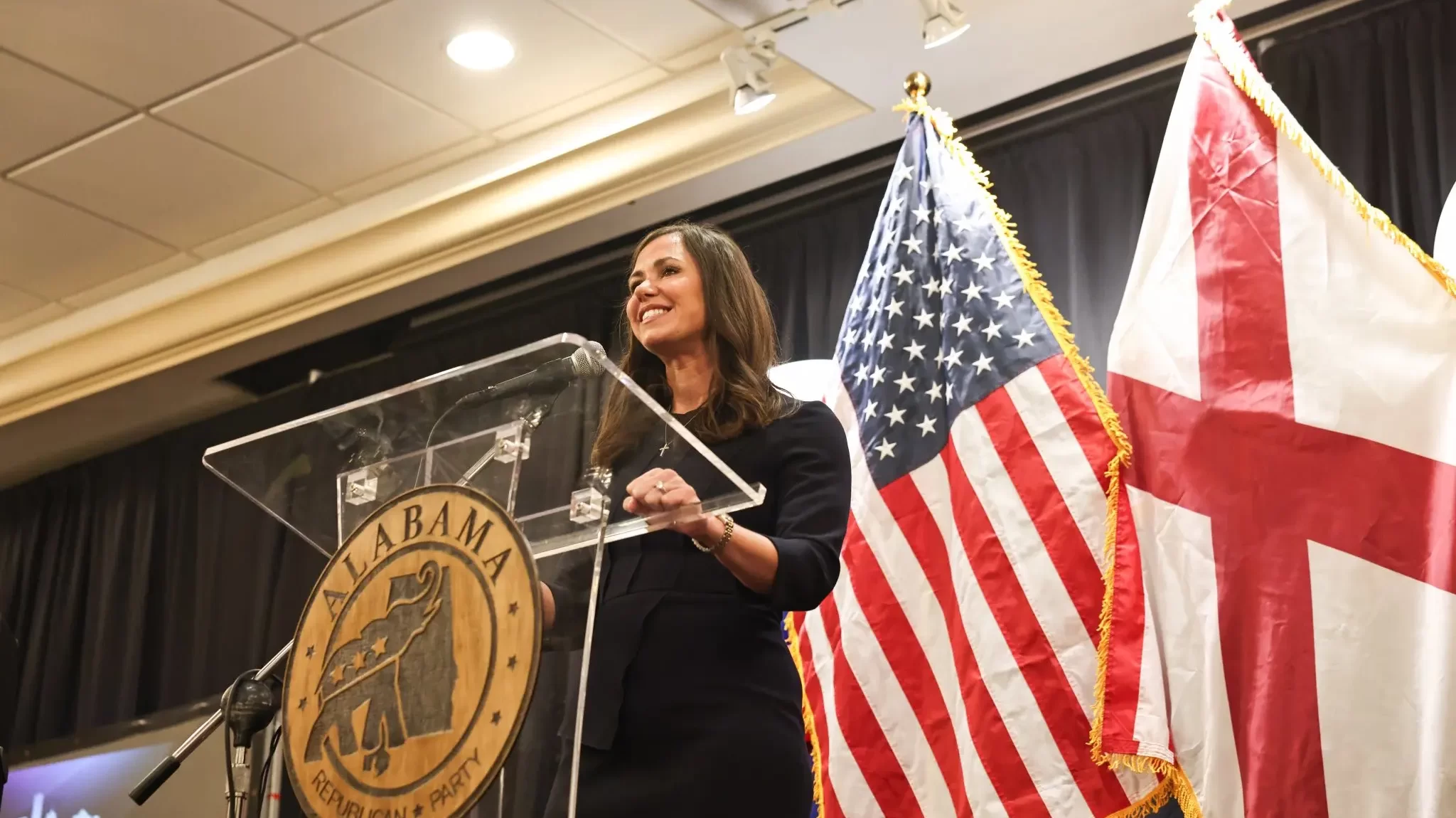|
Getting your Trinity Audio player ready...
|
In a recent op-ed published by Fox News, U.S. Senators Katie Britt, R-Ala., and Tim Kaine, D-Va., laid out their bold, bipartisan proposal aimed at tackling the growing child care crisis that is plaguing families across America, particularly in their home states of Alabama and Virginia.
The Senators emphasize the urgent need for solutions, citing that more than half of American families reside in “child care deserts,” where the lack of available care forces parents onto long waitlists and leaves them grappling with the high costs once a spot is secured. “The national average price of child care was $11,582 in 2023,” the Senators write, highlighting that in Virginia, “families pay some of the highest costs of child care in the country,” with expenses for center-based infant care exceeding $15,000 annually.
The op-ed also underscores the economic impact of the crisis. “A 2023 report found that the U.S. child care crisis has an economic toll of $122 billion in lost earnings, productivity, and revenue every year,” Britt and Kaine note. In Alabama, the situation is particularly dire, with studies revealing that “64 percent of Alabama parents with a young child worked fewer hours due to a lack of adequate child care,” the highest rate in the nation.
To address these challenges, Britt and Kaine are introducing a two-pronged legislative approach. Their Child Care Workforce Act aims to build supply by incentivizing child care workers and providers to remain in the industry through competitive grants for states and localities. Additionally, the Child Care Availability and Affordability Act seeks to reduce costs for families by expanding tax credits and making child care more accessible.
“Doing nothing is not an option,” the Senators assert, calling for “bold, bipartisan action now” to ensure that children have safe and enriching places to grow, parents can stay in the workforce, and child care workers receive the support they need. Their proposal is a call to action, urging Congress to move beyond debate and take concrete steps to solve the child care crisis that is crippling American families and the economy.

















































